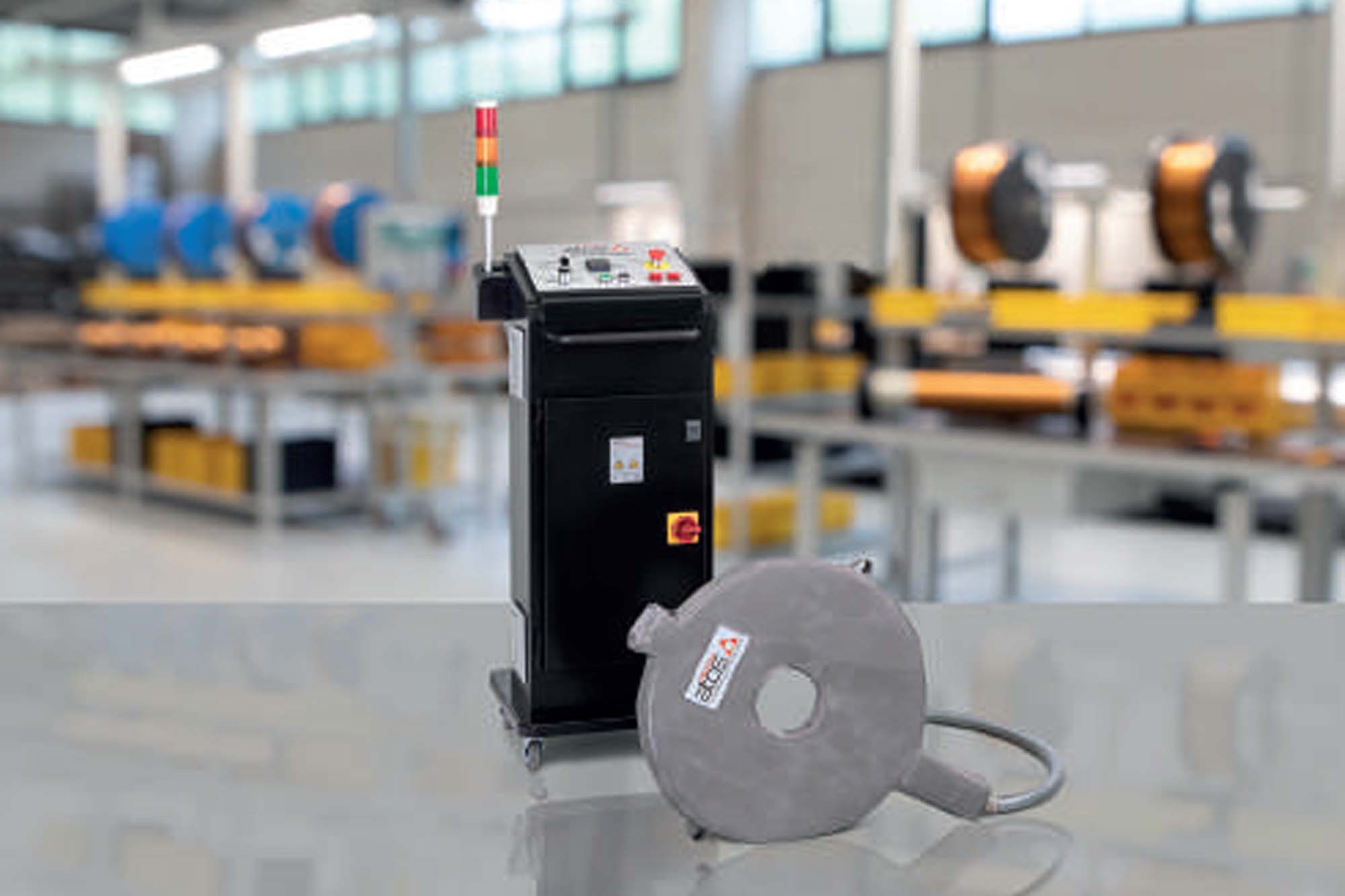Fighter jet engine deal to fuel defence manufacturing
By OEM Update Editorial September 18, 2023 2:20 pm IST
The joint manufacturing of fighter jet engines by GE Aerospace in collaboration with HAL in India will be used to power Tejas fighter jets.
The Indian defence sector has embarked on a transformative journey to enhance its self-reliance and strengthen its strategic capabilities. The development of indigenous fighter jet engines holds immense strategic value for India. Currently, the country relies heavily on foreign suppliers for its fighter aircraft engines, which poses logistical challenges and raises concerns regarding national security and technology transfer.
Investing in the manufacturing of fighter jet engines will have far-reaching positive effects on the Indian economy. Establishing a robust defence manufacturing ecosystem will generate employment opportunities, attract foreign direct investment, and stimulate innovation, research, and development activities. The multiplier effect of such investments can lead to the growth of ancillary industries and the development of a skilled workforce, thus contributing to the country’s economic prosperity.
Revolutionising the manufacturing of fighter jet engines is challenging. Developing the required technical expertise, infrastructure, and supply chain capabilities will necessitate significant investments and long-term commitment from the government and private sector. Collaboration with international partners, leveraging their expertise, and establishing joint ventures can expedite the process and bridge technological gaps. In a boost to the economy, GE Aerospace and Hindustan Aeronautics Limited (HAL) will produce fighter jet engines for the Indian Air Force. This partnership marks a crucial milestone in defence cooperation between the United States and India, highlighting the growing significance of the Indian aerospace industry. The agreement includes the potential joint production of GE Aerospace’s F414 engines in India, subject to necessary export authorisation.
GE Aerospace’s presence in India
GE Aerospace has been actively engaged in the Indian aerospace industry for over four decades, participating in various areas such as engines, avionics, engineering, manufacturing, and local sourcing. In addition to the potential new work in India, several GE facilities in the United States will experience increased volume due to this collaboration.
The partnership between GE Aerospace, India’s Aeronautical Development Agency, and HAL dates back to 1986, when they began supporting the development of India’s Light Combat Aircraft (LCA) with F404 engines. Since then, GE Aerospace’s F404 and F414 engines have played a critical role in developing and producing the LCA Mk1 and Mk2 programs. With 75 F404 engines already delivered and 99 more on order for LCA Mk1A, the agreement paves the way for the delivery of 99 engines for the Indian Air Force under the LCA Mk2 program.
Global reach and expanding capabilities in IndiaGE Aerospace’s Chairman and CEO, H. Lawrence Culp, Jr., described the agreement as historic, made possible by the longstanding partnership between GE and HAL. He emphasised the role this collaboration plays in advancing the vision of closer coordination between the United States and India, as President Biden and Prime Minister Modi envisioned. The F414 engines, renowned for their exceptional performance, will deliver crucial economic benefits and enhance national security for both countries.
The agreement positions GE Aerospace to expand its manufacturing capabilities in India by building a family of products, including the F404 engine, which currently powers the LCA Mk1 and Mk1A aircraft. Furthermore, GE Aerospace has been selected for the prototype development, testing, and certification of the Advanced Medium Combat Aircraft (AMCA) program using its F414-INS6 engine. The company will continue collaborating with the Indian government on the AMCA Mk2 engine program.
With over five million flight hours and eight nations operating or placing orders for F414-powered aircraft, these engines have consistently exceeded reliability and time on-wing expectations. Globally, more than 1,600 F414 engines have been delivered, solidifying GE Aerospace’s position as a trusted provider of jet engines.
GE’s Commitment to India
GE’s presence in India extends beyond this manufacturing agreement. The company operates the John F. Welch Technology Centre in Bengaluru, a research and technology hub, and the Multi-modal Factory in Pune, established in 2015. These facilities demonstrate GE’s dedication to advancing technology and manufacturing in India, supporting the country’s aerospace ambitions.
By reducing dependency on foreign suppliers and fostering indigenous technological advancements, India can strengthen its defence sector, boost its economy, and secure its national interests more effectively. The challenges on this path are formidable, but with concerted efforts, collaborative partnerships, and long-term investments, India has the potential to become a global hub for advanced fighter jet engine manufacturing, making significant strides in defence technology.
Conclusively, the revolution in manufacturing fighter jet engines marks a pivotal moment in India’s journey towards self-reliance and enhancing its strategic capabilities. In this way, the collaboration between GE Aerospace and HAL to produce fighter jet engines in India represents a significant advancement for the country’s aerospace industry. By leveraging GE’s expertise and HAL’s manufacturing capabilities, the agreement will contribute to India’s defence capabilities and boost the country’s economy. This partnership is a testament to the strong bilateral relations between the United States and India, fostering closer cooperation in defence and technological advancements. As GE Aerospace continues to expand its footprint in India, the collaboration holds immense potential for future advancements in the Indian Air Force’s capabilities and the overall growth of the aerospace sector. With collaborative partnerships and long-term investments, India has the potential to become a global hub for advanced fighter jet engine manufacturing, making significant strides in defence technology.
Cookie Consent
We use cookies to personalize your experience. By continuing to visit this website you agree to our Terms & Conditions, Privacy Policy and Cookie Policy.


















